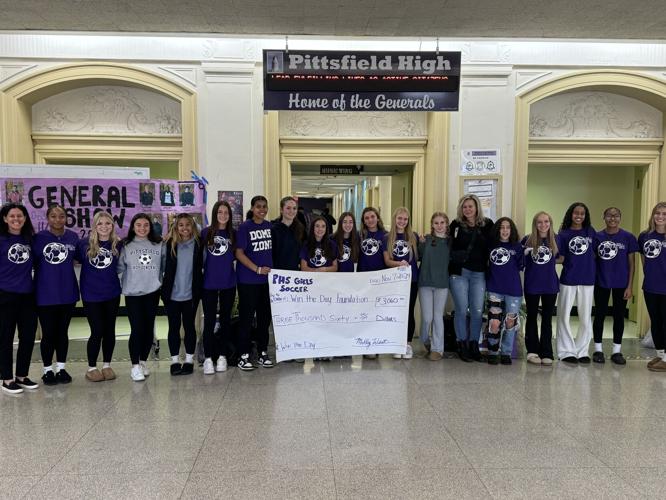
Today in how not to get gas prices down on the West Coast news, it was announced that California is on the precipice of losing two more major refineries that produce 14% of the state's gasoline due to suffocating regulation. Valero may shut down its two California refineries, according to Just The News . With existing closures already requiring California to import 8% of its supply, the state could soon face a greater dependence on refined imports, adding to its reliance on Middle Eastern and South American crude.
Valero CEO Lane Riggs explained last week that profit margins are already low from its refinery business and says the company has already “minimized strategic [capital expenditures]”. He added that “California is increasing its regulatory pressure on the industry, so we’re really considering everything — all options are on the table.” The Just The News report says that although Riggs did not explicitly confirm plans to shut down refineries representing 14% of California's capacity, state lawmakers raised alarms, linking potential closures to new regulatory powers granted during a special legislative session.
Phillips 66 recently announced the closure of its Los Angeles refinery, accounting for 8% of the state’s refining capacity, following the passage of the new legislation. California's oil production has halved since 2008, dropping from 249 million barrels (38% of state needs) to 124 million barrels in 2023 (23.4% of needs).
Imports have surged, with 61% now coming from countries like Iraq, Saudi Arabia, Ecuador, and Colombia, compared to 48.5% in 2008. State Assemblymember Joe Patterson, R-Rocklin added on X: “When California Governor Gavin Newsom said in 2021 he didn’t see a future for oil in CA, I didn’t know 2024 would be the year he ended it at lightning speed.
” “Today, another refiner said “all options are on table” with refineries here. We can thank Newsom’s legislation,” he concluded..













